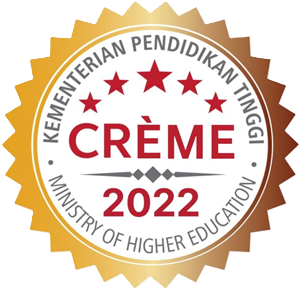EFFECTS OF INBREEDING ON GROWTH AND WOOD PROPERTIES OF SELFED EUCALYPTUS UROPHYLLA PROGENIES
Keywords:
Inbred progenies, crossbreeding, multiple traits, breeding strategyAbstract
Growth, wood properties and bark percentage were assessed in 4-year-old inbred progenies of Eucalyptus urophylla in southern China. Analysis of variance showed significant site effects for all traits except for bark thickness and stress wave velocity. There were significant differences in diameter at breast height over bark, basic density, stress wave velocity and modulus of elasticity at the 0.01 level between replicates and significant differences in studied traits at the 0.01 level between combinations. Inbreeding depression of growth traits were found in U21, U22, U56 and DU1 progenies at Du-hui, U2, U21, U56, U64 and DU1 at Gong-he and U56 at Feng-an. U56 had the largest inbreeding depression ranging from -17.73 to -80.89% in three sites. For basic density and dynamic modulus of elasticity, the improvement found for U56 both at Du-hui and Gong-he implied that U56 could be used to improve E. urophylla wood properties by inbreeding. Generally, the same parents at different sites showed different levels of inbreeding depression. Different traits had different inbreeding depressions even on the same parent at the same site. Important implications for breeding strategy are that inbreeding can be effective in improving E. urophylla and selfed progeny may prove useful for estimation of genetic parameters and future breeding.





